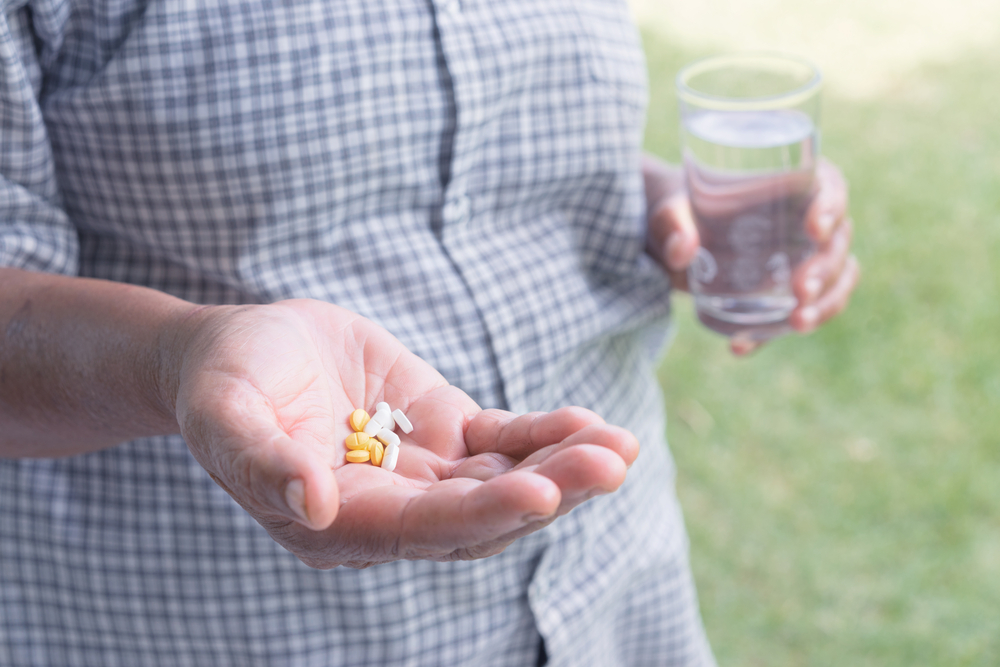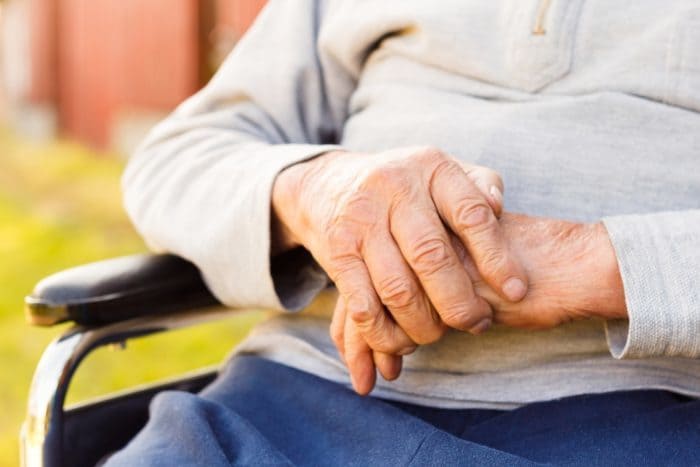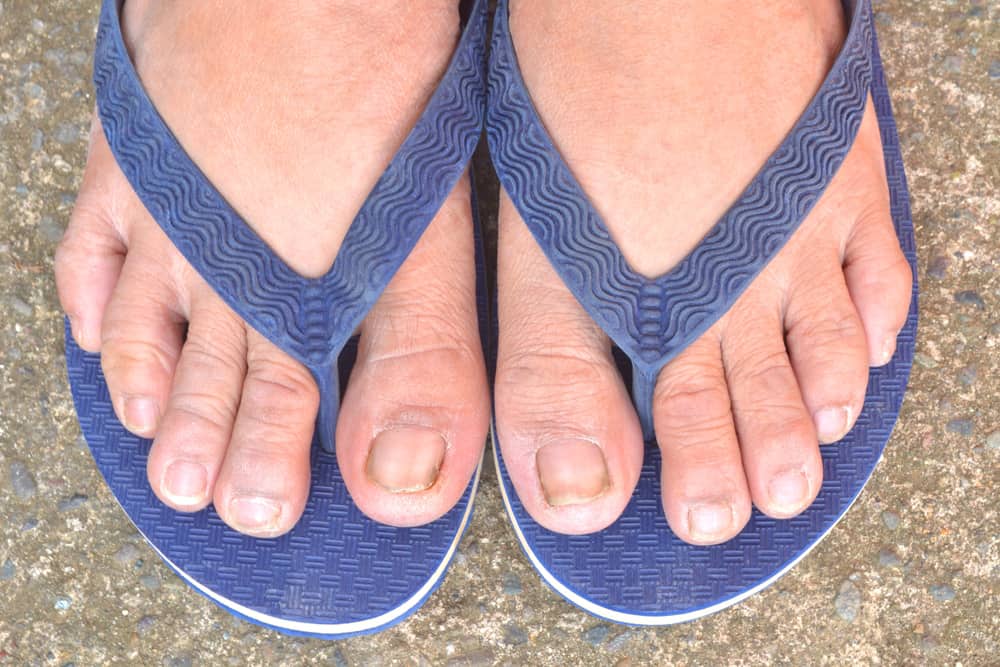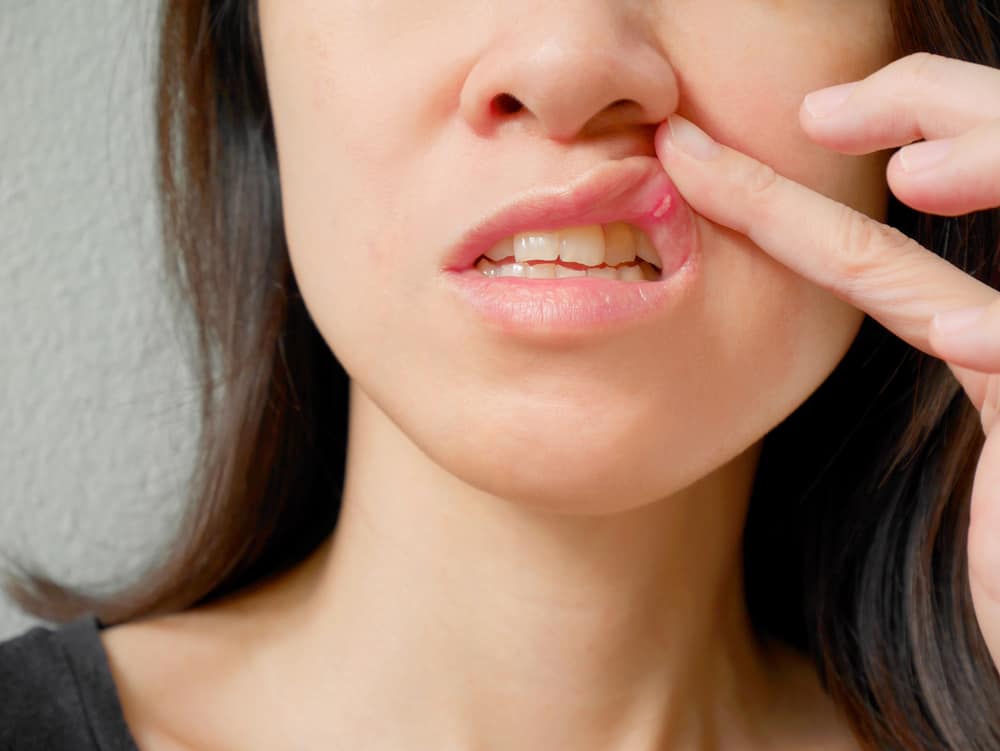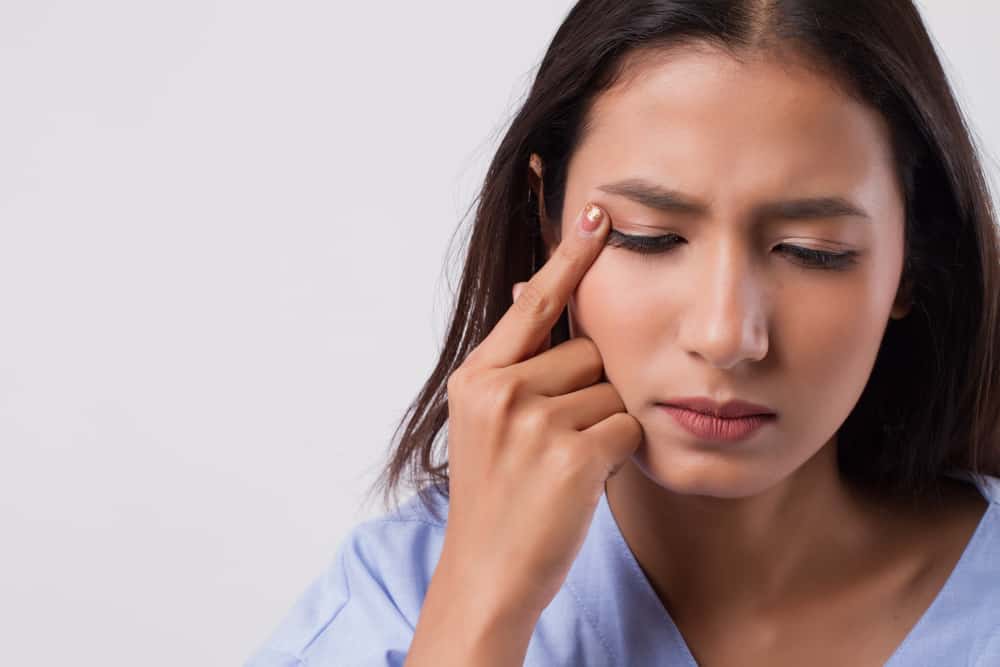Contents:
- Medical Video: Vitamin D and Renal Disease - Mayo Clinic
- Vitamin D and calcium supplements are not effective in preventing fractures in the elderly
- Taking supplements of vitamin D and calcium can actually cause health problems in the elderly
- So, how do you keep the strength of the elderly bones?
Medical Video: Vitamin D and Renal Disease - Mayo Clinic
Older, the bones will decrease so that they are prone to loss and breakage. That is why many people who are young have been diligently taking supplements of vitamin D and calcium so that their bones remain strong. The habit of taking these supplements continues until later. There are also elderly people who are just starting to take supplements to reduce their risk of osteoporosis. In fact, experts revealed that the elderly no longer need to take supplements to prevent fractures. Why is that? Consider the following review.
Vitamin D and calcium supplements are not effective in preventing fractures in the elderly
Vitamin D and calcium are two important nutrients needed to maintain bone strength. Both of these nutrients can be obtained from foods rich in vitamin D and calcium sources, also in the form of more practical supplements.
According to a study published in the American Journal of Clinical Nutrition, people aged 70 years and over tend to have a reduced ability to produce vitamin D by 75 percent. This is why the elderly are encouraged to take vitamin D and calcium supplements to prevent fractures and risk of falls.
On the other hand, a recent study published in the Journal of the American Medical Association (JAMA) revealed that adults now do not need to bother taking these supplements anymore. Because, supplementation of vitamin D and calcium is considered not to have a significant effect to prevent the risk of hip fracture in the elderly.
This study involved 51 thousand elderly people living in the community (not in nursing homes, hospitals, or other institutions). The result, there was no significant difference between fracture risk in the elderly who diligently took calcium and vitamin D supplements with the elderly who took placebo pills (empty pills).
Taking supplements of vitamin D and calcium can actually cause health problems in the elderly
Until now, experts have not found enough evidence to show that vitamin D and calcium supplements are useful for preventing fractures in premenopausal men or women. Although the elderly have been given daily supplementation with 400 IU of vitamin D and 1,000 mg of calcium, this is not enough to reduce the risk of fractures in old age.
Any medicine, including vitamins, can be harmful to your health if you don't consume it as recommended. Alex H. Krist, MD, a professor at Virginia Commonwealth University in Richmond, revealed to Everyday Health that regular taking vitamin D supplements can have serious side effects, especially if combined with calcium supplements.
A number of studies have shown that taking low-dose vitamin D and calcium supplements can simultaneously increase the risk of fractures, some types of cancer, and premature death. If in low doses alone can be dangerous, especially with high-dose supplements (800 IU of vitamin D and 1,200 mg of calcium) which can exacerbate the risk of disease.
However, intake of vitamin D and calcium still plays an important role in increasing bone mass and preventing fractures, especially in young people. So, the elderly may take supplements of vitamin D and calcium, provided they have received a recommendation from a doctor.
So, how do you keep the strength of the elderly bones?
There are many ways that can be taken to meet the needs of daily vitamin D and calcium in the elderly. Indeed, taking supplements is more practical. However, older people are more encouraged to improve healthy lifestyles with regular exercise, eat balanced nutritious food, and get enough sun exposure.
Yes, exercise is more effective in preventing the risk of falling in elderly people aged 65 years and over. This is proven by testing the balance, flexibility, and endurance of the elderly after doing physical exercises three times per week. The result, the immune system of the elderly becomes stronger and reduces the risk of fractures and falls.
Maximize your efforts by eating calcium-rich foods such as milk, vegetables, fruits, and nuts. Don't forget to spend about 15 to 20 minutes sunbathing every morning to get the body's natural vitamin D intake.

